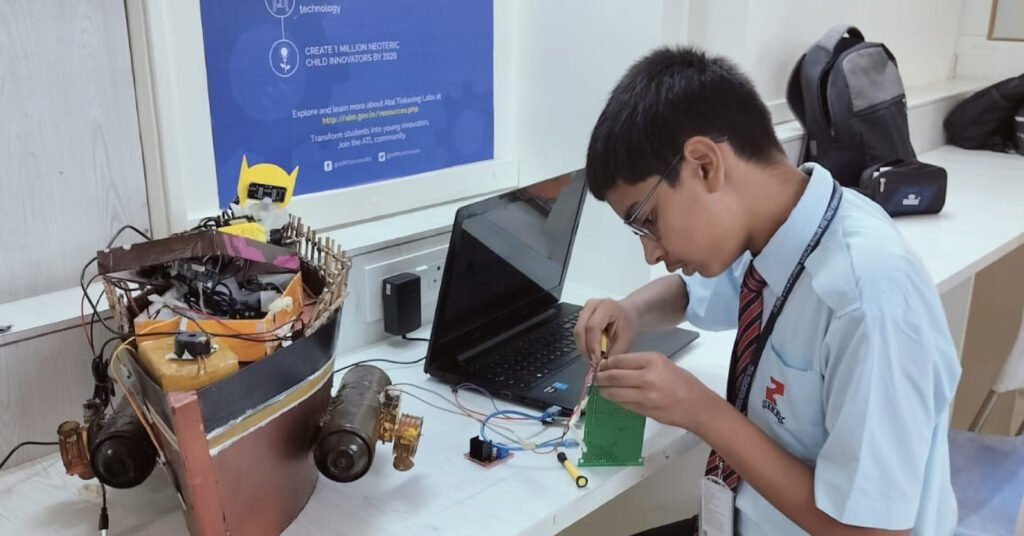It is impossible to overestimate the critical importance of stem (science, technology, engineering, and mathematics) education in producing competent workers in today’s changing environment. It is the cornerstone for raising a generation that can innovate and navigate a constantly evolving technology landscape.
Basis for critical thinking
Stem education gives pupils a foundation in critical thinking and a means of honing their problem-solving abilities. Through analytical thinking and real-world application, people develop the ability to tackle difficult problems with competence and confidence.
Practical application and interactive education
Because stem education is experiential, students are able to apply principles to real-world situations outside the realm of theory. This real-world application strengthens comprehension and develops the transferable skills necessary for success in technology-driven careers.
Multidisciplinary associations
Stem education is multidisciplinary, combining information from math, science, technology, and engineering fields. By enabling people to make connections across apparently unrelated subjects, this integration promotes creative thinking and develops well-rounded professionals who are capable of creative problem-solving.
Strengthening inclusion and diversity
The use of diverse viewpoints in stem education is contingent upon the promotion of inclusion and diversity. Promoting involvement from underrepresented groups broadens the talent pool and enhances innovation and creativity in the it sector.
Developing adaptive skills
Stem education places a strong focus on flexibility in addition to teaching specific technical skills. Professionals must be able to learn, unlearn, and relearn in response to technology breakthroughs in order to be competitive and adaptable in the ever-changing tech industry.
Getting ready for new technologies
Exposure to new technologies such as artificial intelligence, robotics, and biotechnology as part of your STEM education will prepare you to be at the forefront of technological advances.
This future-oriented approach allows students to make meaningful contributions to innovative developments. Industry collaboration and practice collaboration between educational institutions and industry facilitate the implementation of mint knowledge.
Internships, partnerships, and hands-on projects with technology companies provide students with practical experience and insight into the industry, improving their employability.
In summary, it can be said that mint training forms the basis for the training of competent technical professionals. Its multifaceted approach includes a focus on critical thinking, practical application, interdisciplinary connections, promoting diversity, developing adaptive skills, emerging technologies and industry collaboration, and collectively becoming experienced professionals capable of meeting the challenges of a technology-driven world.




